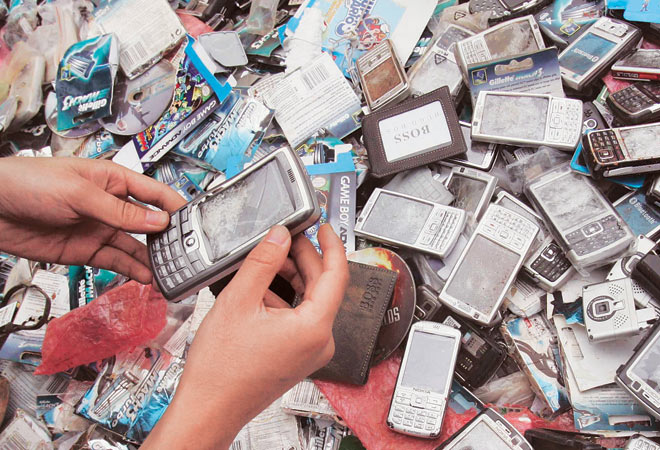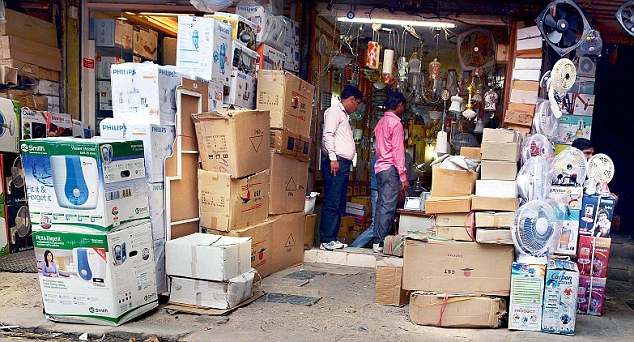New Delhi October 17 (NIA): The current campaign to boycott Chinese goods at the popular level in India, is meant to bring China to its knees on the issue of Kashmir and Pakistan’s cross-border terrorist attacks on India. But economic columnist Shankkar Aiyar says that even if India were to actually boycott Chinese goods, it will only be a flea bite for China, which today, is the world’s single largest exporter.
In an article in The New Indian Express on Monday, Aiyar points out that China’s total exports to the world amounts to US$ 2.15 trillion (roughly equivalent to India’s GDP). Of this ,exports to India account for only 3 percent. It is India which is dependent on China and not the other way round. In 2015, India bought US$ 61 billion worth of goods from China, while China bought from India goods worth a paltry US$ 9 billion.
India and other nations go in for Chinese products because they satisfy quality and price considerations. That is why China has overtaken all other advanced countries to top the list of exporting countries today. Aiyar points that India and China began to liberalize their economies at the same time (in the 1990s). But China has forged ahead and India has not. In 2004, China overtook Japan as an exporter. In 2007, it surpassed the US, and in 2009, it got the better of Germany.

And what India buys from China is of vital importance to its economy. The top five import items from China are: Electronics and electrical goods – US$ 19.7 billion; Nuclear reactors and machinery – US$ 10.5 billion; Organic chemicals – US$ 6 billion; Fertilizers – US 3.2 billion, Iron and Steel – US$ 2.3 billion.
Nuclear reactors and machinery are key to power generation. Electronic and electrical goods are used substantially at both the high and low ends.Organic chemicals and fertilizers are needed for agriculture. The huge Indian pharmaceutical industry is heavily dependent on Chinese raw materials.
Even if we ignore many inessentials like toys and furniture, the Indian economy’s dependence on China is “unmistakable” Aiyar says. This is why, despite her colleagues in the ruling Bharatiya Janata Party (BJP) calling for a boycott of Chinese goods, India’s Commerce and Industries Minister, Nirmala Sitharaman, has declared that a trade ban against China is “not feasible”.
Instead of emulating China and growing like it, or making up with it by addressing its concerns vis-à-vis India, Indians talks irresponsibly about bringing China to its knees by an economic boycott. However, while this is going on at the popular political level, the Narendra Modi government is hoping to make the BRICS group, with China in it and Pakistan out of it, as alternative to SAARC. But of all the countries in BRICS (Brazi, Russia, India and China), China has to play a crucial role to sustain the grouping. Here again India’s dependence on China is “unmistakable.”




























































